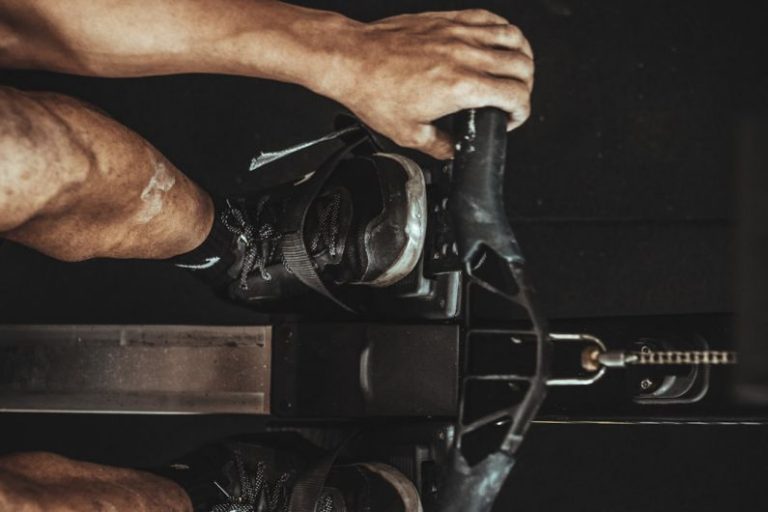
Rowing is a fantastic sport that combines physical endurance, strength, and technique. Whether you’re a beginner or a seasoned rower, safety should always be a top priority to ensure an enjoyable and injury-free experience on the water. By following the best practices for safe rowing, you can minimize the risk of accidents and make the most of your time on the water.
**Proper Equipment Maintenance**
Before hitting the water, it’s essential to inspect your rowing equipment thoroughly. Check the condition of your oars, boat, and any other gear to ensure everything is in good working order. Look for any signs of wear and tear, such as cracks or loose fittings, and address them promptly. Proper maintenance not only prolongs the life of your equipment but also reduces the likelihood of accidents caused by malfunctioning gear.
**Warm-Up and Stretching**
Just like any other physical activity, rowing requires a proper warm-up to prepare your body for the workout ahead. Before getting into the boat, take the time to warm up your muscles with light cardio exercises such as jogging or cycling. Additionally, incorporating dynamic stretches focusing on the muscles used in rowing, such as the back, arms, and legs, can help prevent injuries and improve performance on the water.
**Mastering Proper Technique**
One of the key aspects of safe rowing is mastering proper technique. Understanding and executing the correct rowing form not only enhances your performance but also reduces the risk of strain and injury. Focus on maintaining a strong core, a relaxed grip on the oars, and a smooth, controlled stroke to prevent unnecessary strain on your muscles and joints. If you’re new to rowing, consider taking lessons from a qualified instructor to learn the fundamentals of technique and form.
**Stay Hydrated and Fueled**
Hydration and nutrition play a crucial role in rowing safety and performance. Rowing is a physically demanding sport that can lead to dehydration and fatigue, especially during long sessions on the water. Make sure to drink plenty of water before, during, and after your rowing session to stay hydrated and maintain optimal performance. Additionally, fueling your body with a balanced diet rich in carbohydrates and protein can provide the energy needed for intense rowing workouts.
**Be Mindful of Weather Conditions**
Weather conditions can have a significant impact on your safety while rowing. Before heading out onto the water, check the weather forecast to ensure you’re prepared for any changes in conditions. Avoid rowing in strong winds, thunderstorms, or rough waters, as these conditions can increase the risk of accidents and capsize. If the weather takes a turn for the worse while you’re on the water, prioritize your safety and seek shelter until conditions improve.
**Communicate and Follow Boating Rules**
When rowing in a shared waterway, it’s essential to communicate with other boaters and follow the established boating rules and regulations. Maintain a safe distance from other watercraft, signal your intentions to turn or stop, and yield to larger vessels when necessary. By being aware of your surroundings and respecting the rules of the water, you can minimize the risk of collisions and ensure a safe rowing experience for yourself and others.
**Conclusion: Safety First**
In conclusion, safe rowing practices are essential for enjoying this exhilarating sport while minimizing the risk of injuries or accidents. By prioritizing equipment maintenance, proper warm-up, mastering technique, staying hydrated and fueled, being mindful of weather conditions, and following boating rules, you can ensure a safe and rewarding rowing experience. Remember, safety should always come first to make the most of your time on the water and prevent any unwanted mishaps. So, follow these best practices and enjoy the thrill of rowing in a safe and responsible manner.





